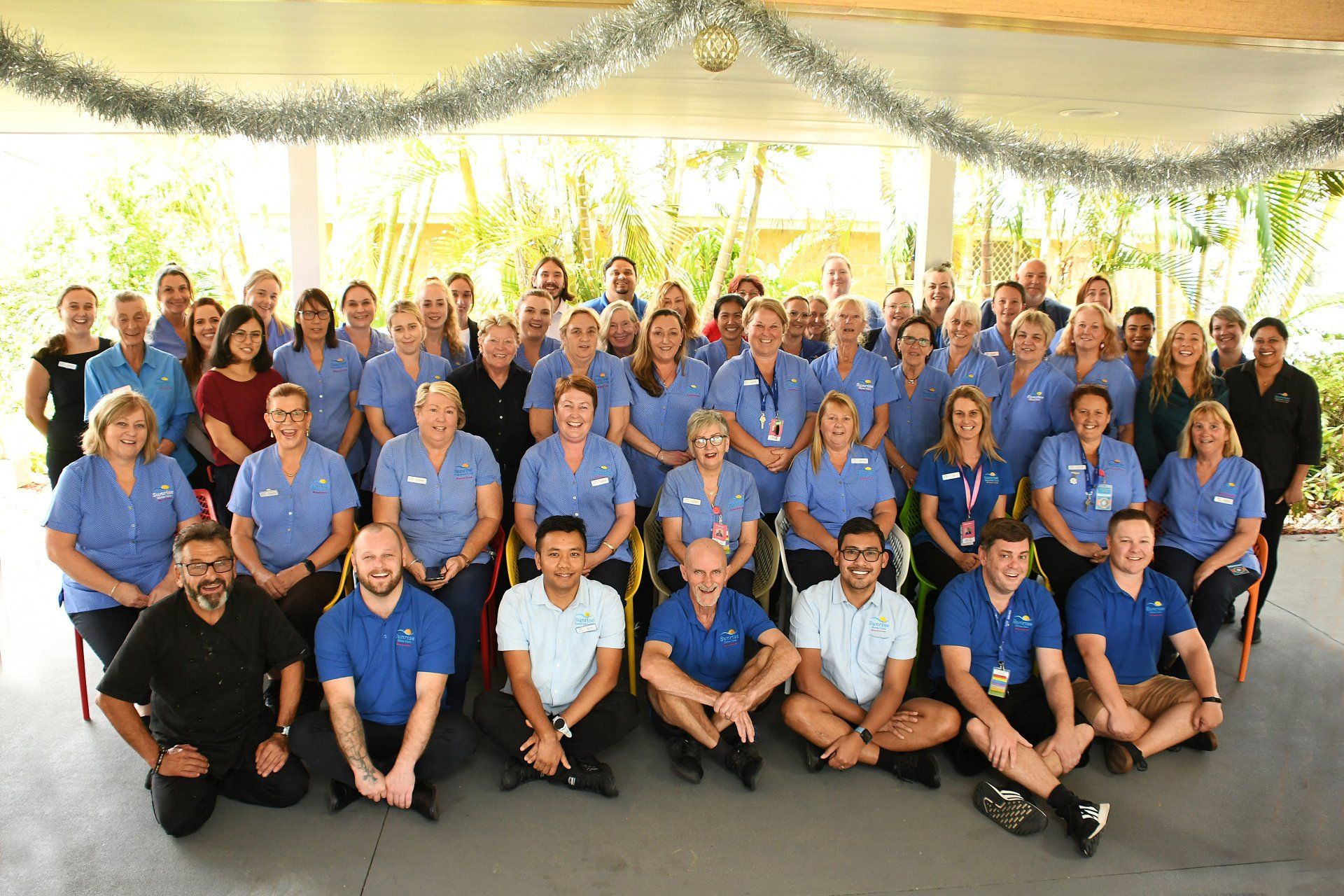Need Help? Call Us at
How To Plan for Home Care
Home Care is an affordable service for Older Australians seeking personal care, domestic assistance, social support, and many other other services, including nursing, in their homes. Proper planning and execution go a long way in helping improve the results of home care. So, how do you plan for this service? Below is an extensive article discussing how to arrange home care.
Hire an Accredited Service Provider
Accredited Home Care companies have the expertise to provide specialist care services. For example, if your loved one has mobility issues, the Care Partner can recommend physiotherapy and exercise to alleviate their situation. Moreover, home care providers can install mobility aids such as ramps, rails and bathroom frames to keep your loved one mobile at home.
The Care Partner can also develop strategies to improve your loved one's independence. For instance, they can help them to make meals and take baths without the assistance of family members or a Care Partner. Home care providers also connect their clients to social and welfare groups to avoid the monotony of living at home. Besides this, connecting with agemates can help improve their emotional and mental welfare.
So, what should you consider when hiring a home care service? Start by checking the company's reputation and the experience of the Care Partners. For instance, check whether they care for patients with similar needs or ailments. Additionally, assess the caregiving costs and inquire whether the service provider is certified to offer subsidised services.
Set Goals
A Care Partner examines the needs of their client and sets a Care Plan. Typically, the plan details the type of care the patient needs, as well as the necessary medication and therapies to be administered. The Care Partner involves family members when developing the Care Plan. For example, family members could take their loved ones to the park and social events or help with social interaction or physiotherapy.
The Care Partner sets goals in consultation with the client for the various interventions in the care plan. The goal-setting process must be realistic. In most cases, the Care Partner works collaboratively with medical professionals to ensure the proposed interventions do not affect your loved one's health. For instance, some exercises might not be appropriate for people with mobility conditions or those recovering from surgery.
At specified intervals, the Care Partner examines your loved one's progress. For example, they could assess the progress of your loved one's mobility or evaluate whether the proposed interventions have helped improve your loved one's independence. If your loved one does not achieve the set goals, the Care Partner can recommend alternative strategies such as referring them to a specialist. This is especially likely if your loved one's condition has deteriorated.
Finding the right Care Partner for your loved one can be challenging. At Sunrise Home Care, we guarantee peace of mind for families by providing high-quality Home Care services. Why wait any longer? Contact our team today for all your Home Care needs.
We acknowledge the Worimi people, Traditional custodians of the land on which we live and work today.
We pay our respects to Elders past, present and emerging.
We celebrate the stories, culture and traditions of Aboriginal and Torres Strait Islander Elders of all communites who also work and live on this land.
© Copyright 2022 | All Rights Reserved | Sunrise Homecare | Web Design by ACM Digital | Privacy Policy














